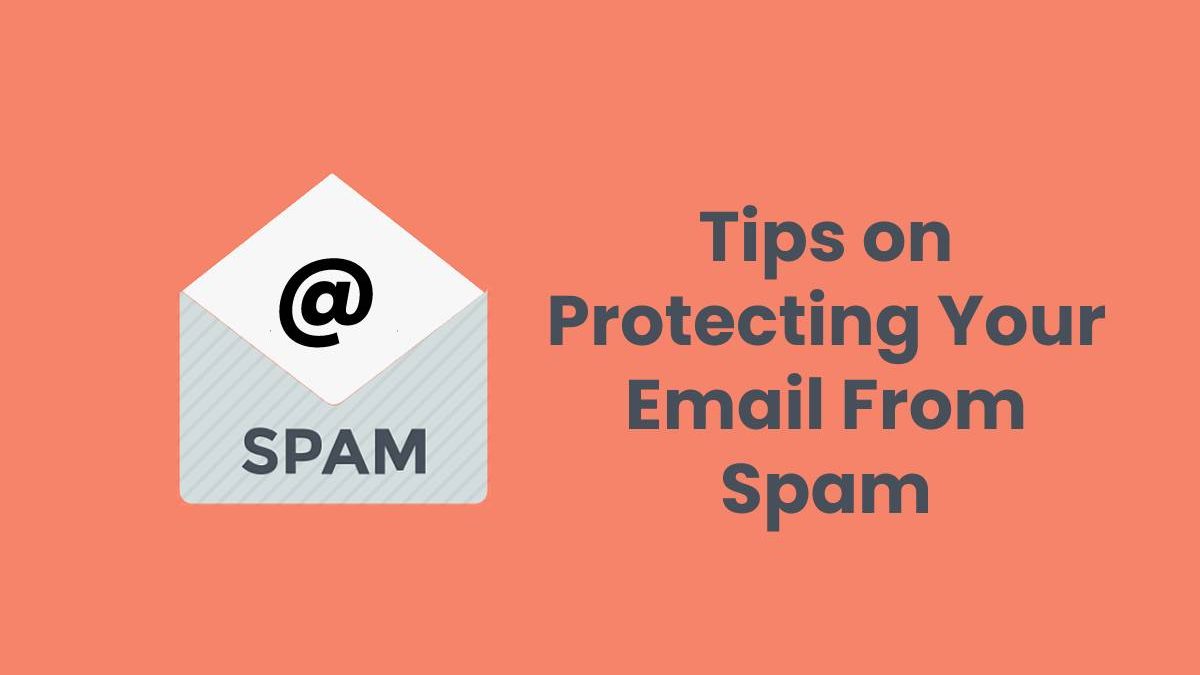Protecting Your Email From Spam
Spam mail is a type of junk mail, unwanted by a user. Nothing can be more destructive than the numerous spam messages that we receive daily. Such emails annoy, irritate, and don’t allow you to focus on your job. Such emails usually include advertisements that are sent to many recipients that don’t give their permission to receive such emails. To get your email address spammers use various email-harvesting programs, buy lists of addresses, or extract emails from websites.
Overall, spam mail is something bigger than just a nuisance because it can put your data at risk and also allow attackers to load malware onto your device. In this insightful post, we’ll take a deeper look at the main tips on how to protect yourself from spammers. Remember that you can fight spam messages and we’ll show how you can do that.
Table of Contents
Think First and Then Click
Remember that spam messages usually include various offers of cheap goods, services or drugs, ads that recommend various shipping companies, etc. Such messages include links to third-party websites. Don’t open any attachments or click on links if you think that it might be spam. In doing so, you’ll undoubtedly protect yourself from spammers and malware.
Never Post Your Email Address on Different Forums or Websites
Protecting Your Email From Spam – Remember that absolutely every person can easily access the internet. Spammers are surfing the net regularly, trying to find email addresses where they can send their spam offers. When you leave your email address publicly, you allow scammers to send spam messages to you. What’s more, they can also easily hack your account and steal your personal data.
Use DMARC
DMARC or Domain-based Message Authentication Reporting and Conformance is one of the most effective ways to protect your email. Well, how does DMARC work?With this tool, a domain owner needs to specify the authentication procedure, called DMARC policy.
When a receiving server gets an email, it immediately performs a DNS lookup and checks if there’s a DMARC record. The main goal of this method is to help mail administrators prevent hacker attacks. In other words, you can always use DMARC if you want to protect domains against phishing and spoofing attacks. In this case, you can be doubly sure that the visitors of your website are protected and always see your emails. That’s why using DMARC is mandatory for all domain owners.
Use Anti-Virus Software and Spam Filtering Solutions
The overriding objective of all these tools is to scan your messages and make sure they don’t include malware. In the event your emails include viruses, this content will be blocked and you won’t be able to open and view it.
Such tools protect your device from malware and allow you to browse the web safely.
Use Two-Factor Authentication and a Password Manager
A reputable password manager is a powerful tool that allows you to make your email password stronger. Remember that scammers use a well-known technique, called credential stuffing that allows them to cram stolen usernames and passwords into various online services. The thing is that users are easy-going about their logins and passwords and make them the same. Make sure you have a strong password, which differs from your username. In this case, the chances that your email will be hacked are lower.
After you create your password, you need to set up two-factor authentication as an extra level of protection for your account. In doing so, you’ll be able to prevent password resets.
Make Your Email Address Difficult to Read
Protecting Your Email From Spam – Make sure you don’t speak out your email address in your business brochure or card. Spell it out differently. For example, if your email address includes a dot, spell it in the following way “DOT”. In this case, you can rest assured that your email address is really hard to scan.
Overall, following these insightful pieces of advice, you’ll protect your email from spam messages. Follow these tips if you don’t want to be a target of hackers. Although these recommendations can’t fully protect you from scammers, they will undoubtedly help you reduce hacking attempts to the minimum.

